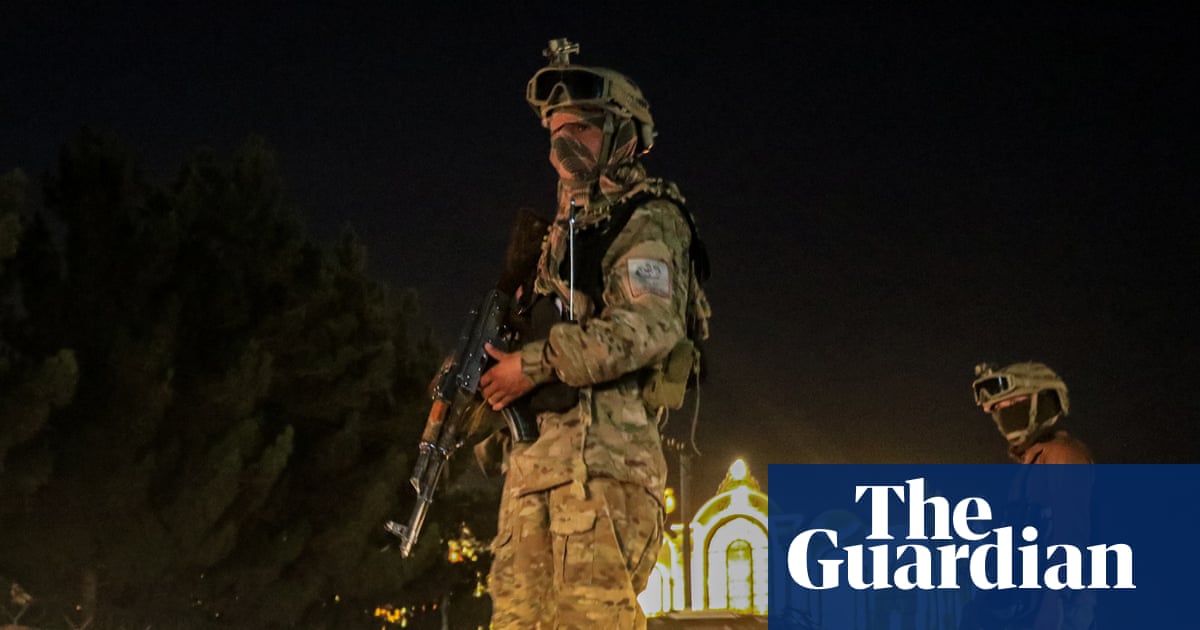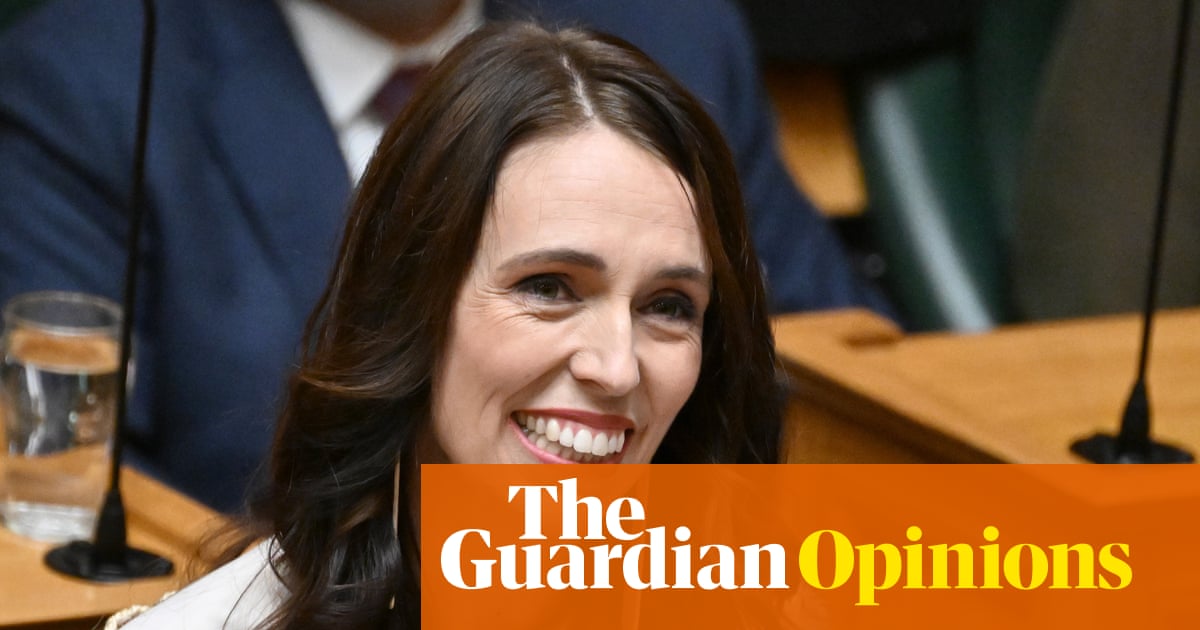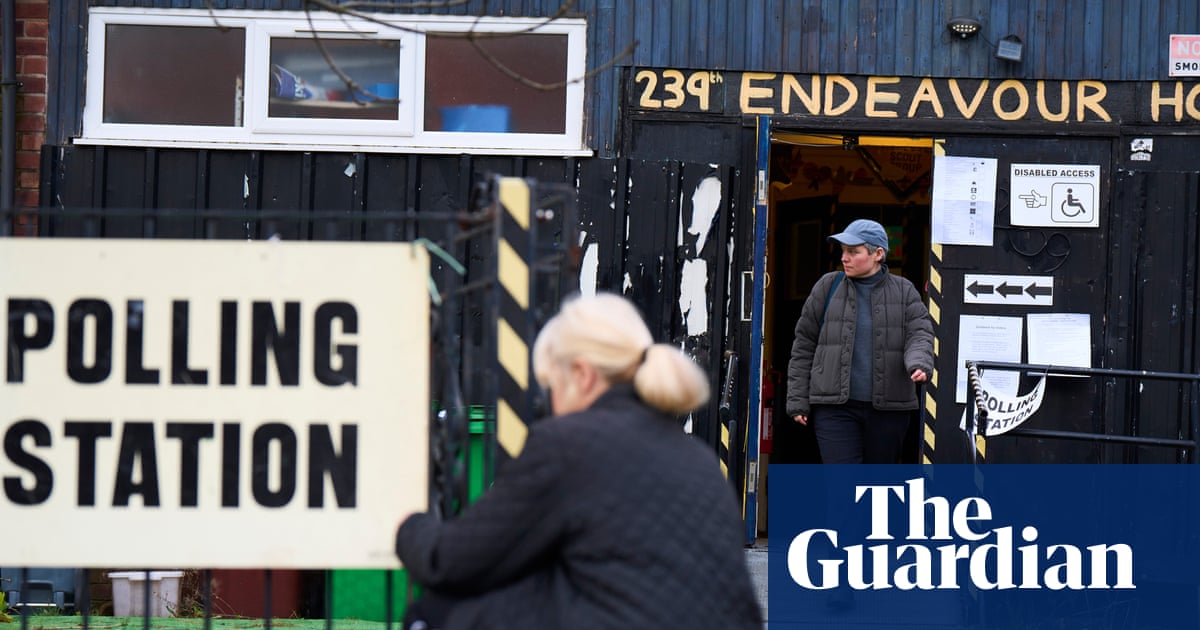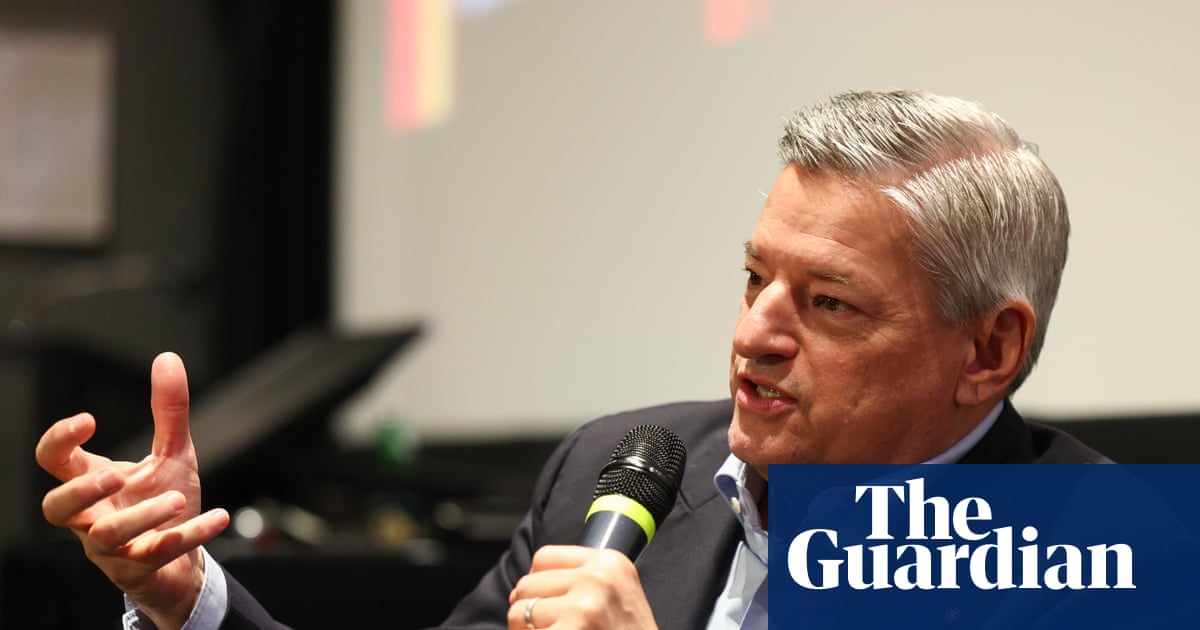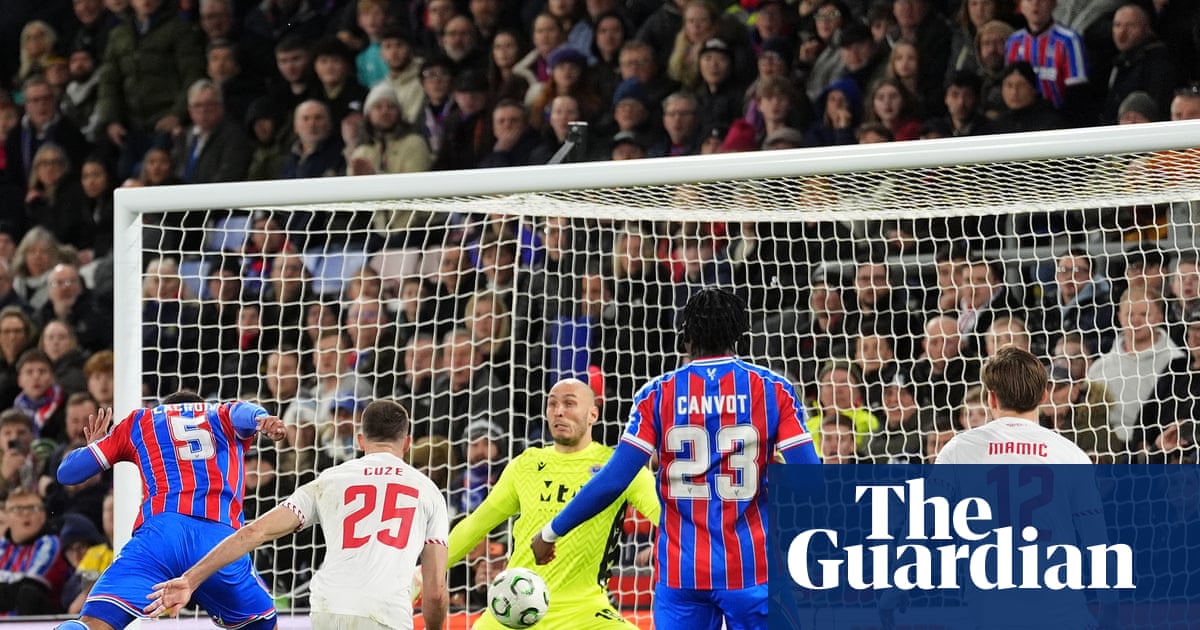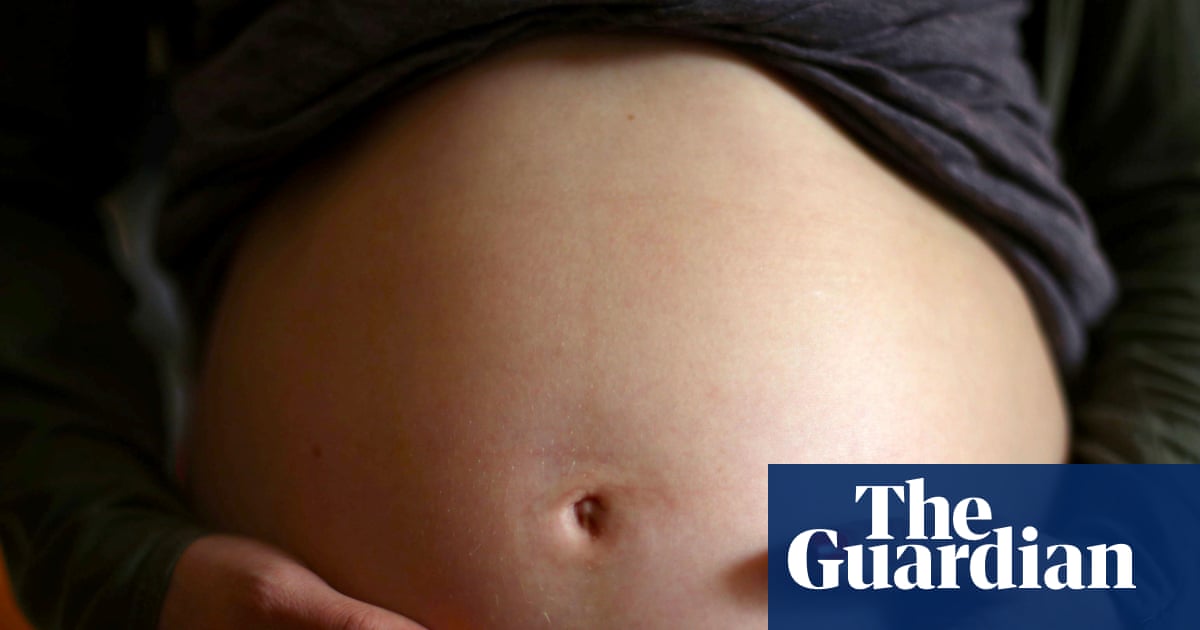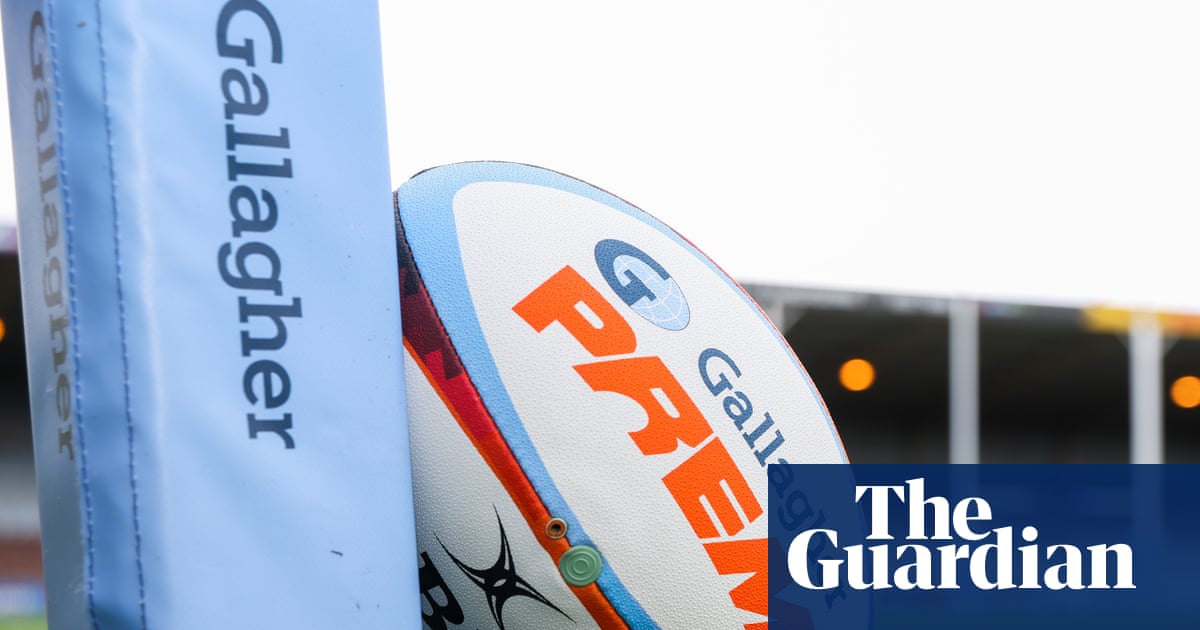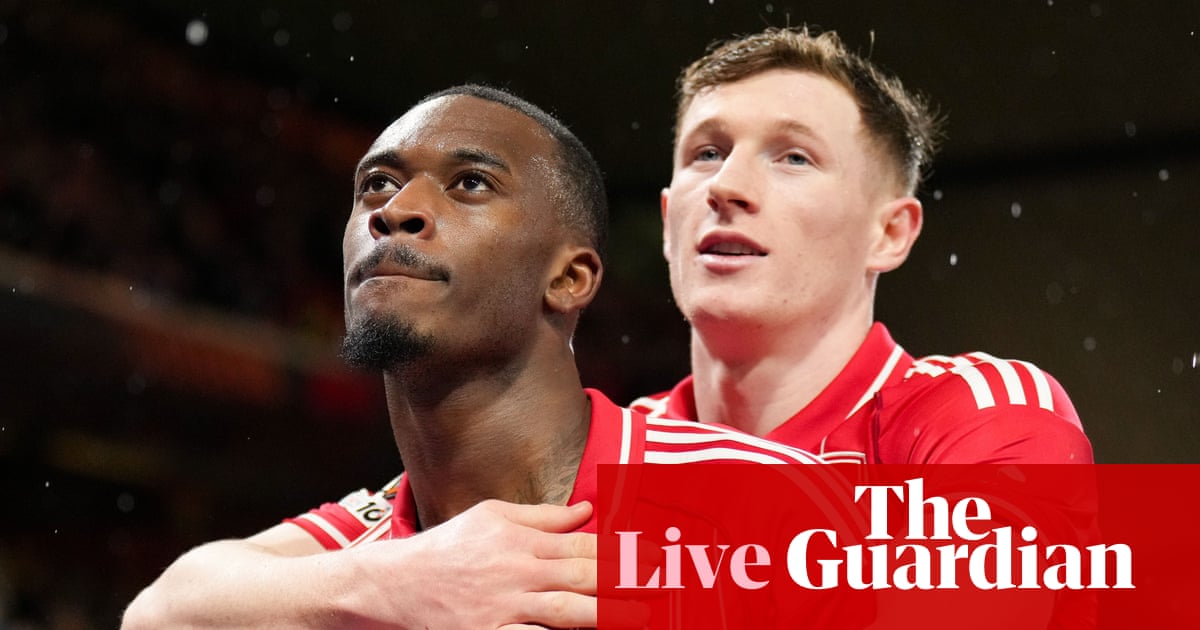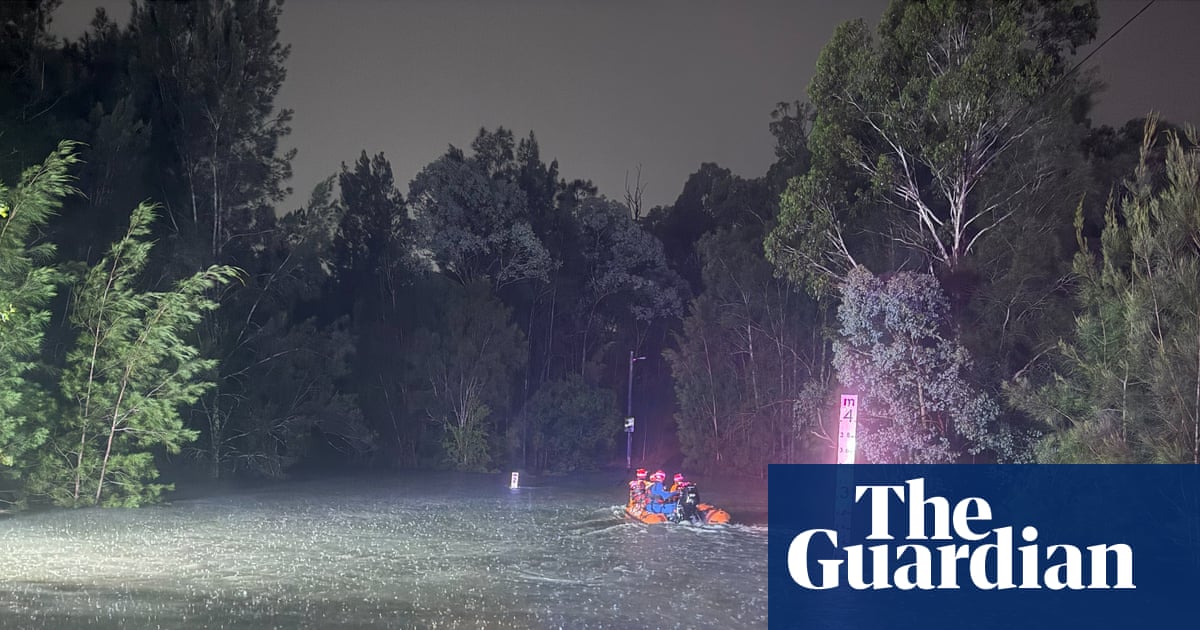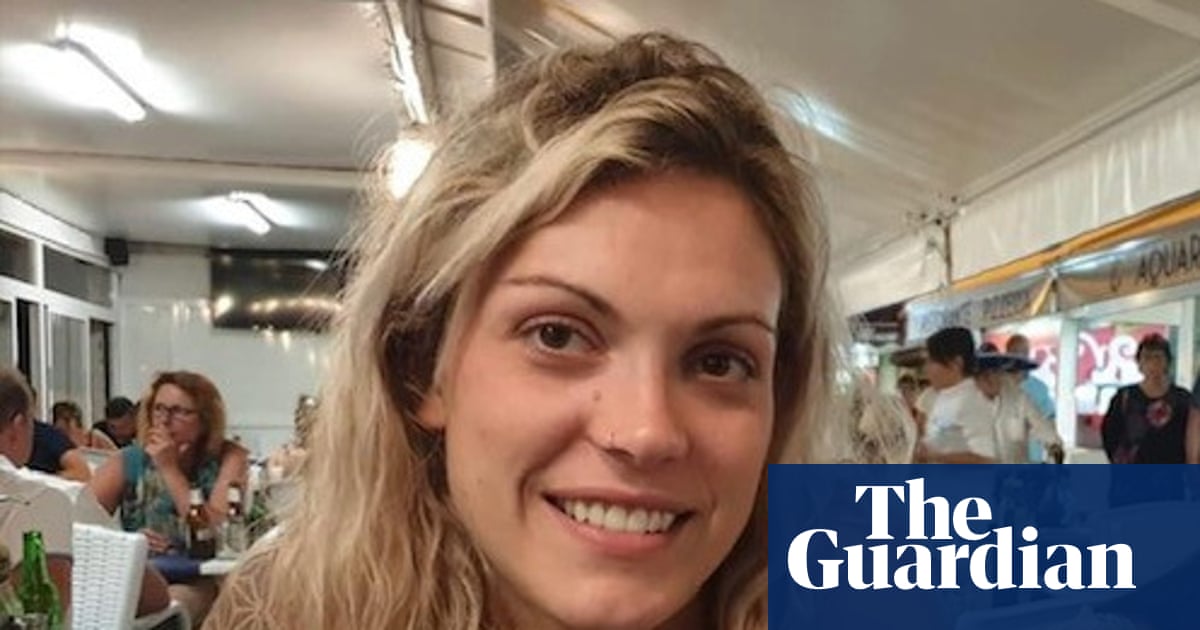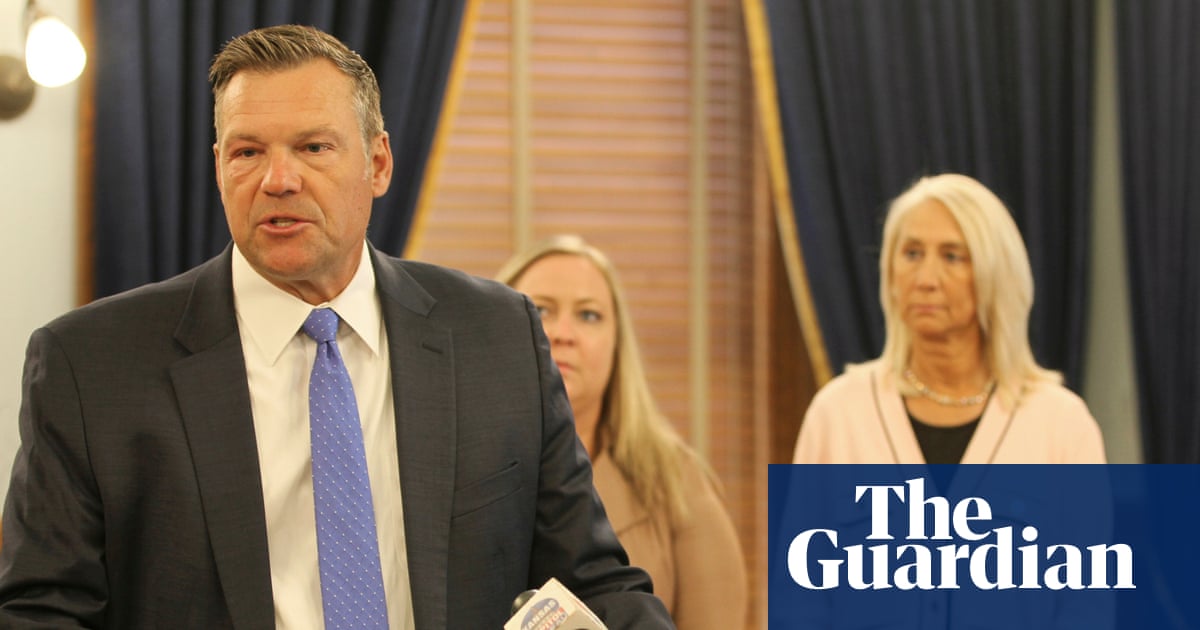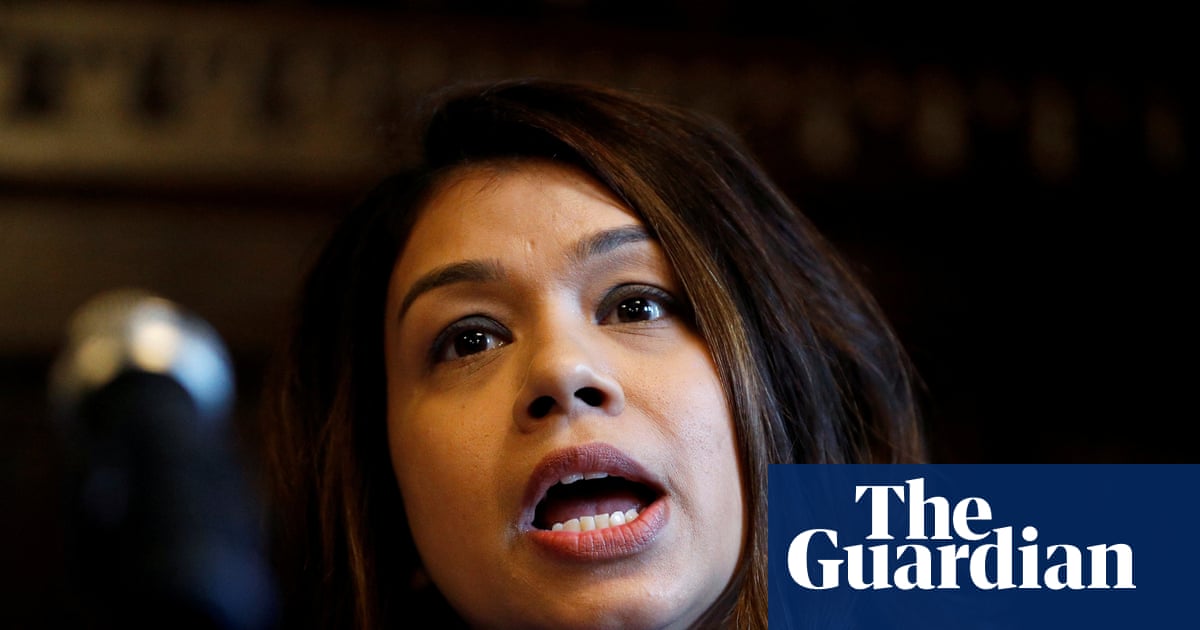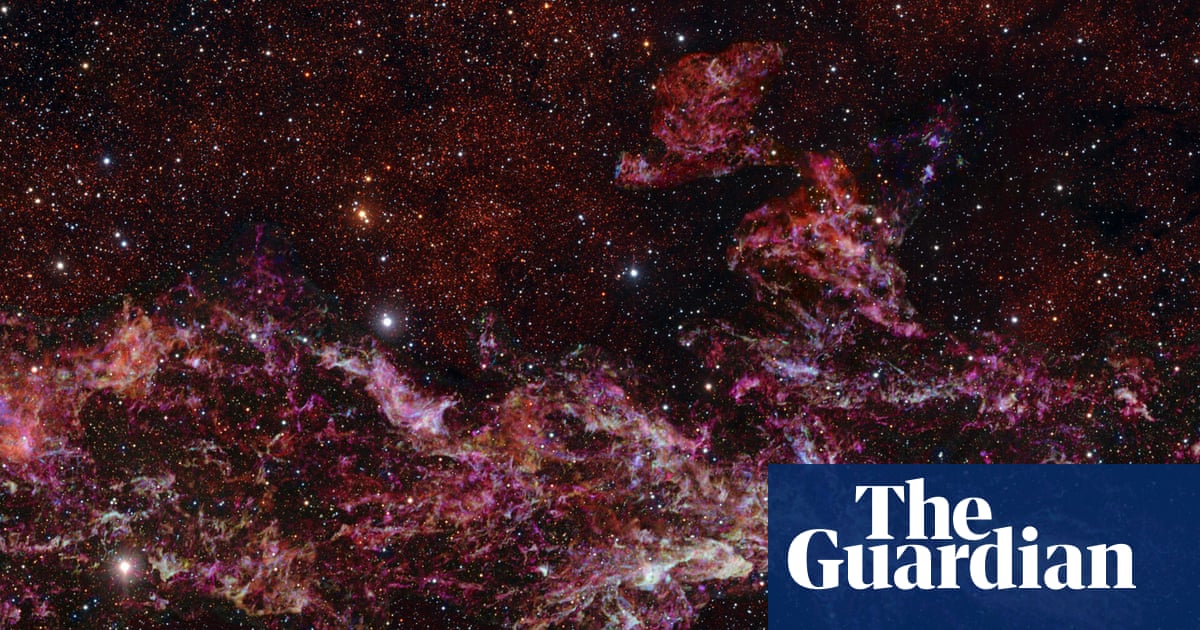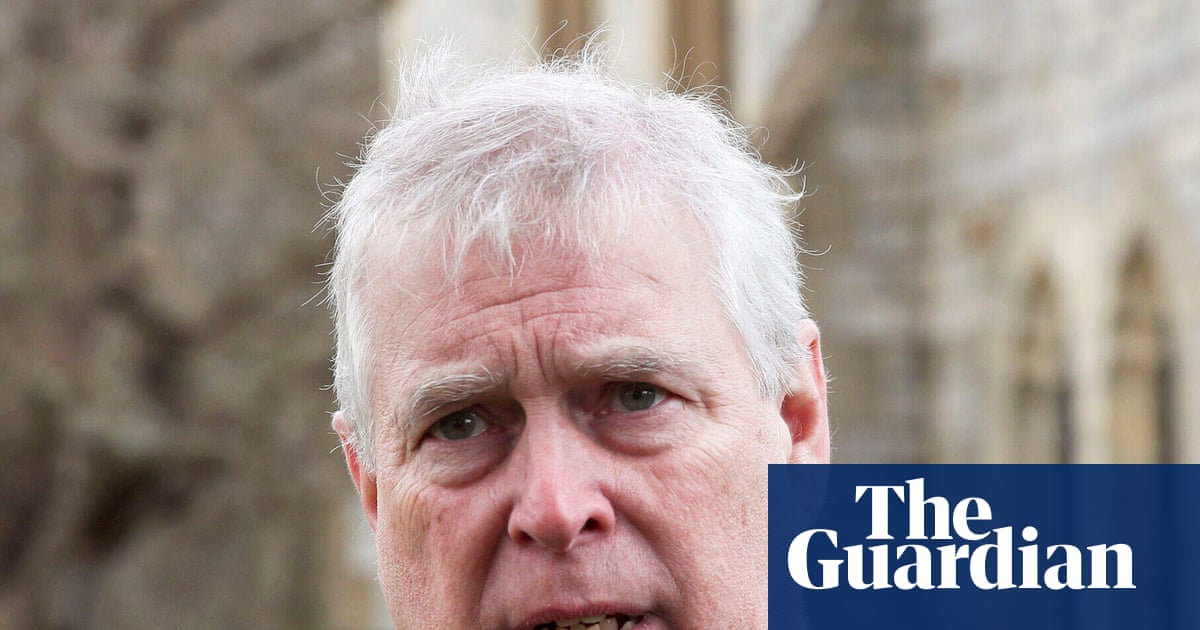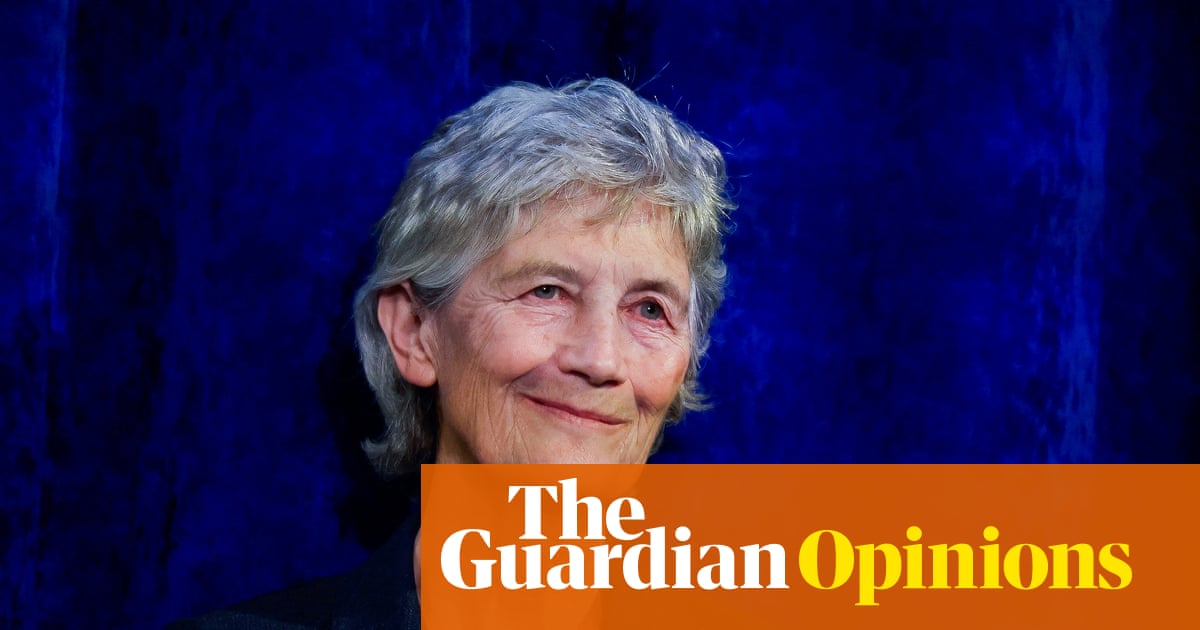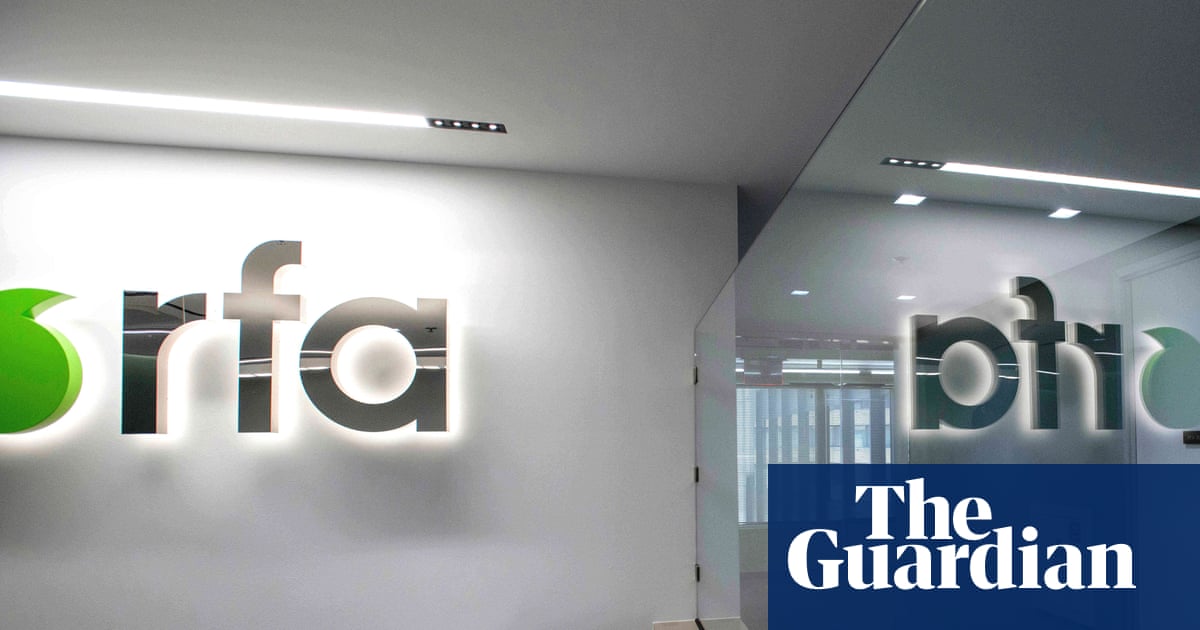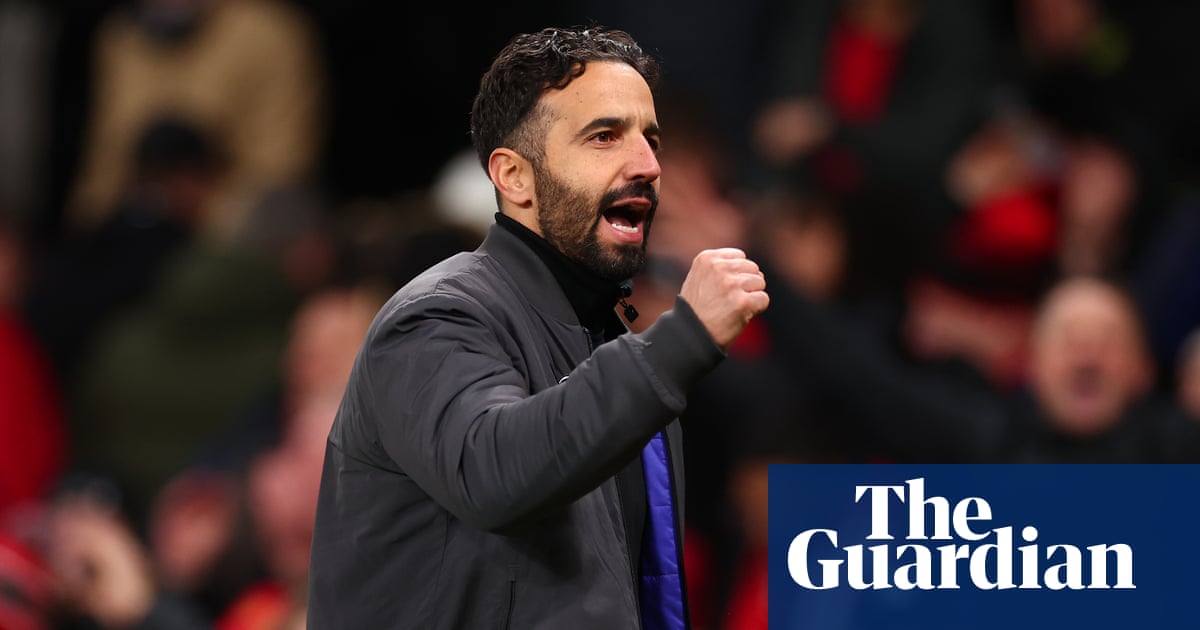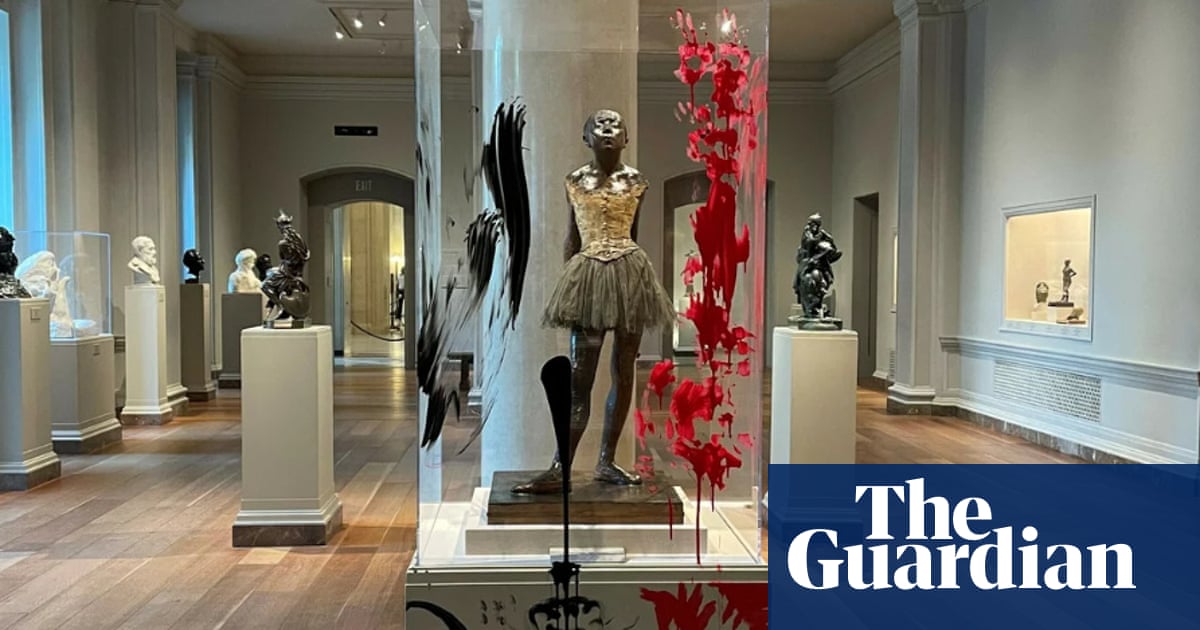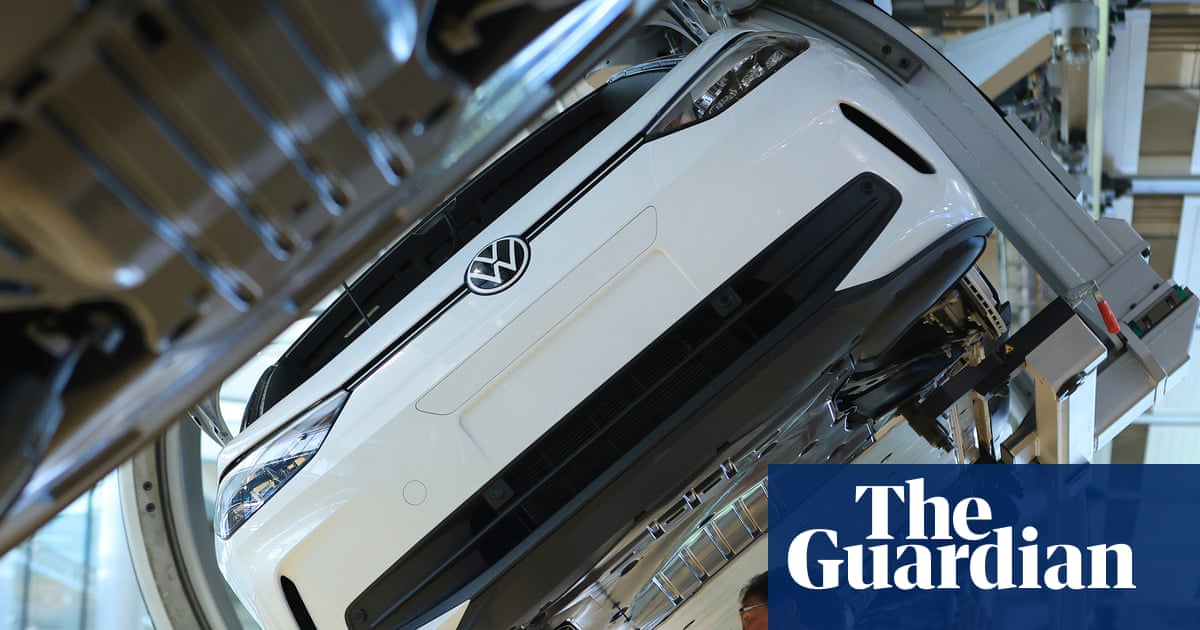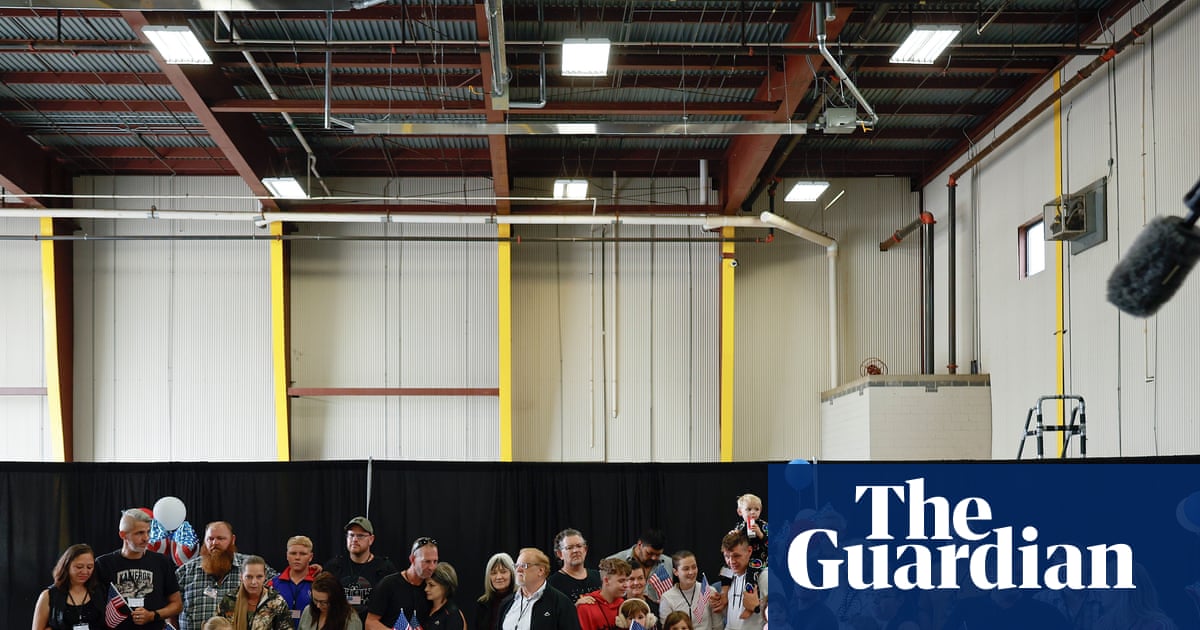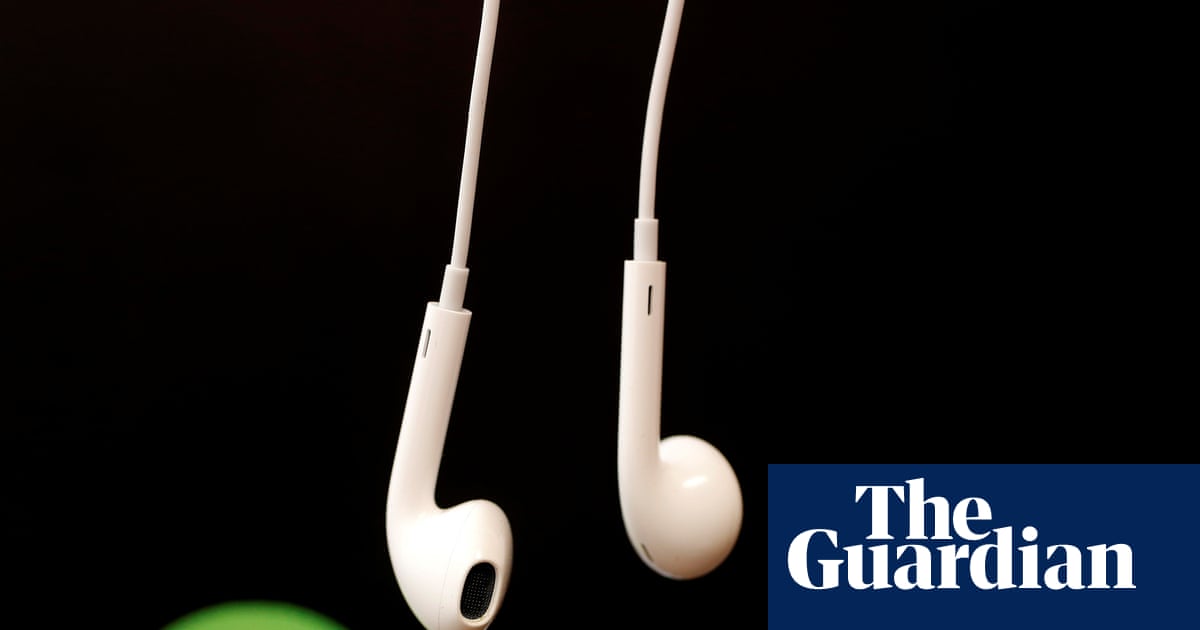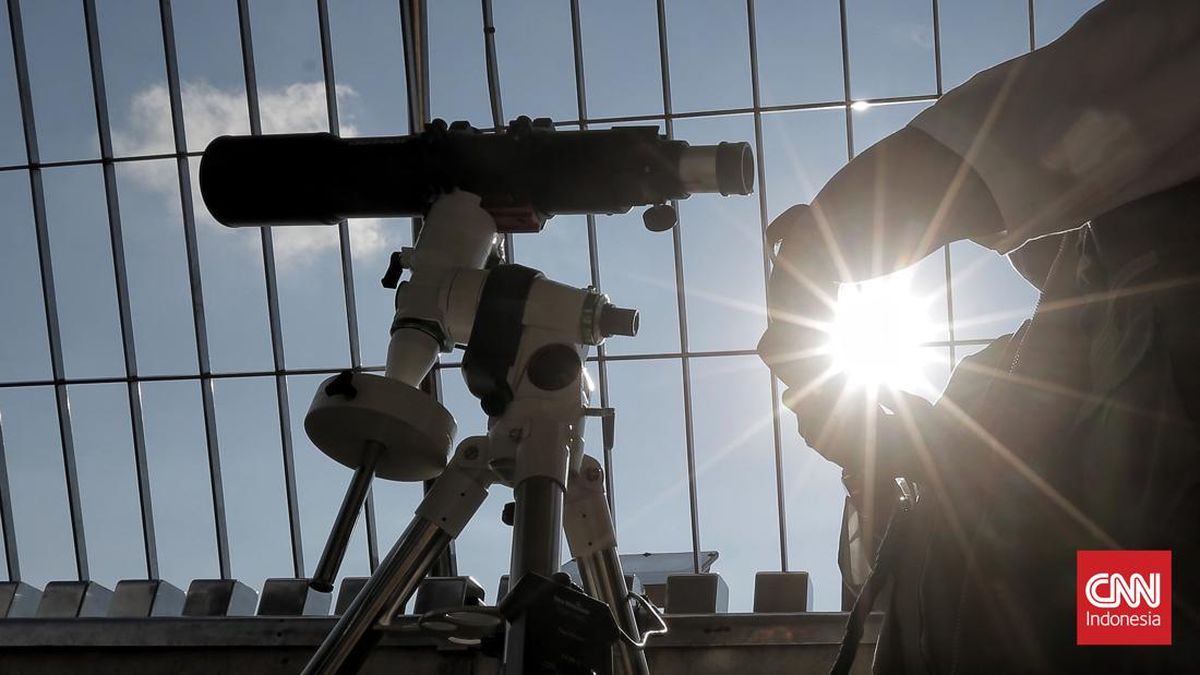For most of its public existence, I Love LA, HBO’s new comedy series created by Rachel Sennott, was known online as Untitled Rachel Sennott Project. One wonders if they should have kept the temporary moniker, which befits the show better than its actual title; though I Love LA does go to Erewhon, it’s less a love letter to the city, nor a portrait of its precarious creative class, than a glossy, prestige brand bet on Sennott, an internet It Girl with a distinctly modern indistinction between actor and celebrity, and the popular, chaotic, very online sensibility that she embodies.
The logic of the project flowed downhill: Sennott, one of the few internet-bred comedians with real movie mettle (see: Shiva Baby, I Used To Be Funny and Bottoms), given eight whole episodes; HBO, continually losing younger viewers to YouTube, appealing to extremely online zillennials; the chattering class, starved for a truly good young-adult comedy – FX’s Adults, released earlier this year, didn’t cut it – eager for a successor to the messy, self-absorbed and totally absorbing women of Sex and the City, Girls and Insecure. All can agree: nothing gets people talking like a confident and maddening woman on TV.
Sennott’s Maia certainly fits the bill, at once compelling and insufferable. We meet her on her 27th birthday in Girls-esque fashion – during unremarkable sex with her boyfriend – with a west-coast twist (She’s so laser-focused on her own pleasure that she blithely ignores an earthquake. Also, it’s 7am.). An aspiring talent manager living in Los Feliz, she’s a distinctly Sennottian blend of contradictions, for better and worse – at once hyper-self aware and delusional, histrionic yet dead-eyed, overtly sexual but girlish. She stretches her vowels like taffy, singes the end of every sentence with vocal fry, over-gesticulates as if perpetually before front-facing camera.
At her best – usually, in short videos or scene-stealing line deliveries, Sennott’s teetering balance of clownish self-deprecation and cool-girl deadass-ness is sublime; I could watch one 18-second bit on LA, in which she twirls like a deranged Siren – “you don’t have an eating disorder? Get one, bitch!” – on an endless loop. Maia is a more jarring creation, whose deadpan petulance blurs the line between provocatively annoying and off-putting; like Meg Stalter, another internet-bred comedian recently given star billing in Lena Dunham’s middling TV return, Too Much, Sennott attempts to ride a shtick designed for the quick hits and attention deficits of the internet through episode-length television. There’s turbulence – it takes several episodes for Maia to downshift from sketch trope to character, an initial barrier to entry for a promising series that rewards patience.
Like Sennott (as well as her frequent collaborator Ayo Edebiri, who makes an awkward cameo as a daft British pop diva), Maia and her friends graduated from New York University and settled in LA as part of the city’s upwardly mobile creator class. Charlie (Jordan Firstman) is a celebrity stylist in WeHo’s ruthlessly judgmental gay scene, with a preternatural and cynical gift for social climbing that belies an inner yearning for connection. Alani (True Whitaker, daughter of Forest), is a well-meaning but clueless nepo baby with a made-up job at her father’s production company and an unlimited credit line, the Dionne to Maia’s Cher.
And then there’s Maia’s ex-best friend Tallulah (a stellar Odessa A’Zion), a New York Instagram baddie – her Kardashian-esque cleavage situations become more perilous by the episode – who blazes back into Maia’s life, and the series, like a comet. Husky-voiced, dangerously beautiful and brimming with energy, Tallulah has the je ne sais quoi quality of a star. (So does A’Zion, already gathering buzz for her starring turn opposite Timotheé Chalamet in the upcoming Marty Supreme). Maia, naturally, becomes her manager.
The business of internet celebrity, and the navel-gazing world of Hollywood, is a tricky combination for a show – social media dynamics, niche, turbocharged and generally uninteresting to those outside it, are notoriously difficult to capture on screen. It takes a bit for I Love LA to find its footing. Earlier episodes have a mechanical quality, a Madlibs of stark lines (“reputations died in 2017”), LA references (Courage Bagels) and zillennial touchstones: Paris Hilton’s Stars Are Blind, the Hannah Montana movie, the casting of Gossip Girl’s Leighton Meester as Maia’s (girl)boss and Josh Hutcherson, of Bridge to Terabithia and The Hunger Games fame, as her sweet normie boyfriend Dylan. (Hutcherson, as expected, makes him endearing.) Loving LA, it seems, means enduring a lot of bluster.
But the hooks are there, as are the visuals – it’s refreshing to see a comedy pilot given the artful, emotionally intuitive treatment of director Lorene Scafaria. (Subsequent directors, including Sennott, Bill Benz and Kevin Bray, maintain the lived-in aesthetic.) Midway through the season, I found my usually rigid guard against influencers down – charmed by Charlie’s unexpected connections, pained by Tallulah’s flops, frustrated by Maia’s staggering absorption but nonetheless rooting for her. Tickled by the show’s sharp ironies and increasingly textured portrait of this particular rung on the fame ladder, craving another chapter. The endless embarrassments and boundless opportunities of celebrity can seem, by season’s end, not too different from that of being alive, particularly in one’s 20s. It’s a bumpy ride, but they’re just getting started.
-
I Love LA starts on HBO in the US on 2 November, on HBO Max in Australia on 3 November and on Sky Comedy in the UK on 5 November

 3 months ago
74
3 months ago
74



